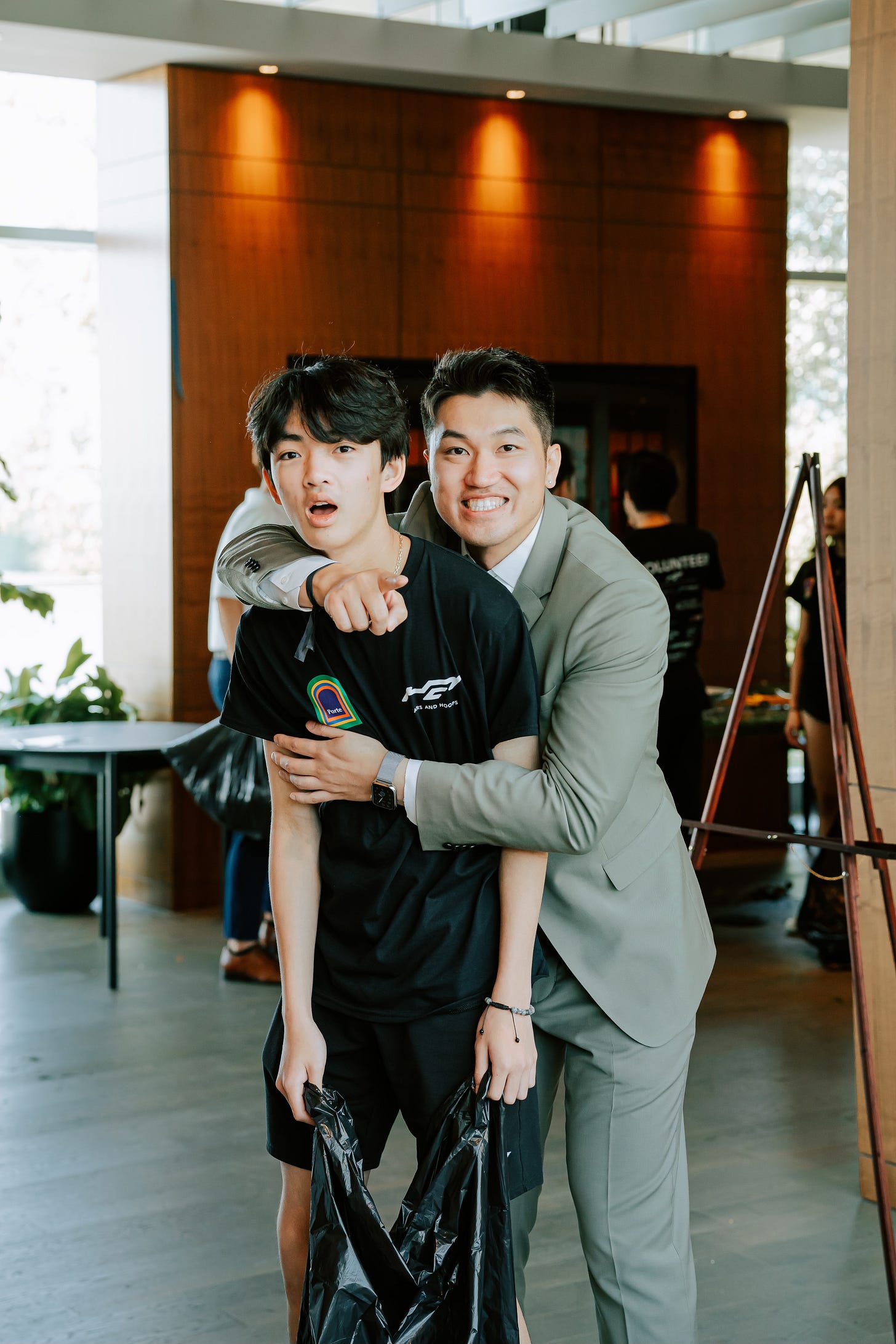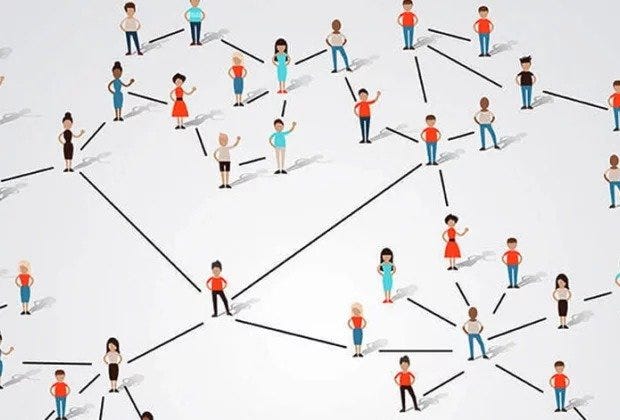- The Impact Journal
- Posts
- The Key to a Successful Project: Mentorship
The Key to a Successful Project: Mentorship
“I have a project idea. Where do I go from here?”


Former Porte Mentee Jonathan Hu guiding a peer at
Cornell’s Lab for Artificial Intelligence.
How do you find team members? Which teachers should you approach for guidance? How do you even write an effective outreach email?
The answer to all these questions lies in an often-overlooked but vital resource: mentorship.
Whether it’s from an older student, a teacher, or community member, direct guidance from someone who’s created a project before can help you save time and achieve results. A mentor can be a safety net and rocket fuel - someone to catch you so you can feel stable enough to innovate and push you to challenge the boundaries of your project.
Your mentor can show you the most effective way to grow your project, saving the time you would otherwise need to discover it on your own.
Out of all the different mentorship frameworks, the most successful model we’ve discovered is near-peer mentorship.
What is Near-Peer Mentorship?

Porte Co-Founder Franco Ng with
former Porte Mentee Ray Zhang
Near-peer mentorship is when you are guided by an individual close to your age who is a few steps ahead of you in your journey. For example, if you are a high school student, a near-peer could be an upperclassman who is now at university. If you are a university student, a near-peer could be a friend who has graduated and is working in the industry you want to pursue.
This type of mentorship is particularly effective because the mentor is close enough in experience to understand your current struggles while having enough insight to offer relevant and practical guidance.
The Exponential Effects of Networks

Six degrees of separation is the idea that all people are six or fewer social connections away from each other.
At the core, a mentor plays an essential role in expanding your networks. A simple introduction from your mentor to a colleague, institution, or organization can make a vital difference in your project development and help you grow exponentially.
In this article, Jasmine shares how her mentor introduced her to Kwaku - the founder of Global Access Foundation - who eventually became a partner distributor, allowing GoGivers to no longer worry about funding for food. Jasmine’s success story is only one example.
Mentors by your side can identify pain points you might not have considered within your organization – and simple introductions to expand your network can connect you with an even wider scale of resources.
Getting Started
Seeking a mentor can provide so much clarity throughout the project creation process.
Identify older students, teachers, or professionals in your network that you feel resonates with your cause and most importantly have created something themselves before.
Draft a concise outreach message or email. Remember to be clear and specific as to what you want to achieve and how they can help.
Ask if you can schedule consistent follow-up meetings and remember to be appreciative of their time. If they aren’t the right person, ask if they know anyone who may be able to help.
Effective mentorship isn’t simply having occasional conversations, it’s about addressing targeted issues and creating a specific plan together. Done correctly, you will leverage their experience and connections to guide you, while creating a supportive network that will help you achieve your goals in the present and the future.